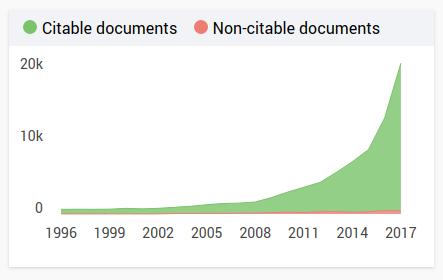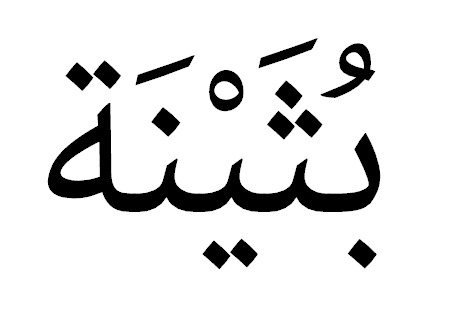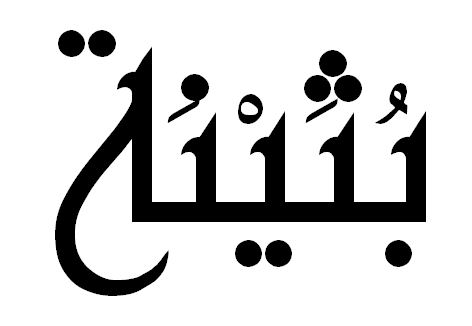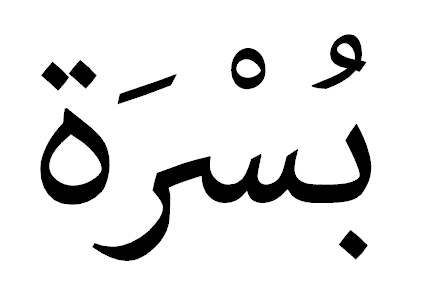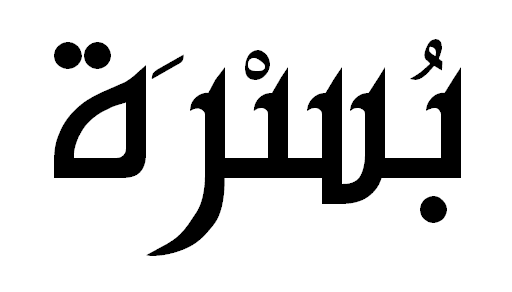I wanted to know if it’s haram to read smut and if so what are the punishments for it.
The seeking of any form of sexual pleasure outside the context of erotic love between married couples is either forbidden or in a gray area in Islamic law. The Quran says, in its description of pious people:
29. And those who guard their chastity.
30. Except from their spouses or those whose right hands possess, for then they are free of blame.
31. But whoever seeks to go beyond that—these are the transgressors.
For a person who seeks to please God to the utmost, “whoever seeks to go beyond that” would be sufficient to make them stay away from all forms of sexual pleasure that is not within the context of marriage. However, it could be argued that reading erotica is merely a pleasure of the mind and has no connection with one’s chastity.
The Quran also contains many admonishments regarding the avoidance of fāḥshāʾ (as in verses 7:28, 16:90 and 24:21), which is translated as “indecency” by Arberry, “all that is shameful” by Muhammad Asad and “lewdness” by Pickthall. Personally I prefer to translate it as “engaging in obscenity”. To engage in obscenity, according to the British philosopher Sir Roger Scruton in his Sexual Desire: A Philosophical Investigation, is to engage in any act in which humans are not treated as persons, but as bodies. Pornography is obscene, and watching it is an obscene act, because in it we see humans not as honored persons, but as mere bodies that one looks at for pleasure. Pornography reduces humans to zoo animals that we enjoy looking at; their humanity is taken away from them.
Humans know naturally that pornography is obscene, they also know that obscenity is harmful and repulsive. Even the most irreligious and progressive families would not find it acceptable to sit down as a family to watch a pornographic film, even if every member of the family is an adult. There is something “gross” about a family doing that even if no one is harmed in production of the film (if it is an animation) and even if they all get sexual pleasure from watching it. The grossness comes from the fact that we humans are subjects, rather than objects, and we have a natural tendency to find it repulsive when other humans, even imaginary ones, are treated as mere bodies, commodities to be enjoyed rather than persons to be interacted with and respected.
Sexual pleasure is only wholesome when it is between two subjects who continue to respect each other as persons during the act, with neither person using the other as a merely instrument of pleasure. Wholesome sexual pleasure is interpersonal, it is between two persons who respect one another. Enjoying pornography is not interpersonal, it is lust aimed at an object that cannot answer back.
If it can be agreed that something constitutes fāḥisha, then this would make it one of those things forbidden by the Quran. In Scruton’s view voyeurism (taking pleasure in watching others engage in sexual intimacy) is obscene, because it does not involve the interpersonal, social aspect that is present in sexual intimacy between a married couple. Reading an erotic novel or story is voyeurism through text, one takes pleasure in imagining others engage in sexual intimacy.
In the example of the family that sits down to watch pornography, what they are engaging in is voyeurism. They are subjects who take pleasure in something that does not look back at them. The all-important interpersonal element is taken out of the sexual act. The result is that the family members cannot respect each other anymore. When they all, together, take sexual pleasure in dehumanized human bodies, in humans treated like animals used for pleasure, it is only a very small leap of the imagination to transfer this way of thinking to each other. The son will no longer respect his father, his attitude toward him will be, “Why should I consider myself bound by an duty toward you when you and I treat other humans as mere bodies? You too are merely a body. For me to respect you, prove to me that you are more than a body. But you yourself treat other humans as mere bodies, therefore you cannot prove that to me.” Such thoughts would of course take time to develop. The family’s feeling at first would be that they are only keeping up a pretense by respecting each other like before. Slowly the respect will break down. This does not only apply to sexual morality but to all forms of morality; a family involved in any form of crime that objectifies and dehumanizes people (say a kidnapping business) is going to suffer an equal break down in respect for one another. Many Hollywood films glorify that lives of criminals, telling us that they are really good people on the inside. That has nothing to do with reality. A person who commits crimes against people is dehumanizing them, and by extension dehumanizes everyone around him. A mugger is much more likely to also be a rapist, as statistics show, because the two crimes come from the same mindset: the mindset of seeing other humans as instruments for gain and pleasure, rather than as honored persons. A mugger who dehumanizes a man by forcibly taking his wallet from him is equally capable of dehumanizing a woman by violating her sexually. In both cases, he is simply treating other humans not as subjects to be honored, but as objects that can be acted upon.
The problem with obscene pleasures is that they degrade us, taking us from the world of humans to the world of animals, from the warm world of wholesome society to the cold, harsh underworld of the criminal. A person who has been watching a pornographic film or reading an erotic novel for 30 minutes will feel out of place, like a stranger, if they were to go sit down in a social gathering. Obscene pleasures always involve dehumanizing others, while in society we are supposed to treat others as humans. There is a deep conflict between these two modes of interaction. That person who has been enjoying humans as objects for the past 30 minutes is now going to feel like he is only maintaining a pretense by treating the humans around him as subjects.
It will require a long essay to fully clarify the conflict between high human society and the underworld of obscenity. Those interested can read Scruton’s book. Back to the question of erotic writings, personally I consider it an obscene pleasure. It contains an element of fāḥshāʾ (obscenity), meaning that the general Quranic prohibition on engaging in fāḥshāʾ applies to it. The point of an erotic book is to help you gain sexual gratification by imagining that you are looking at other humans having sex. It is pornography without pictures, and everything that applies to pornography applies to it. Taking pleasure in erotica is a disguised form of voyeurism.
Voyeurism is evil because it is a violation of the sanctity of the human. In voyeurism a person takes pleasure in only part of a human; a full human is a subject who can look back at you, who is free and who is honored by God. But the human that is the object of voyeurism is a human that is cut apart; we are no longer interested in their souls but only in their bodies and their physical sensations. The sanctity of human life requires that we treat them as subjects and only take pleasure in them with their consent. In voyeurism, this sanctity is violated, the human is taken pleasure in without their opinion being asked, without their involvement as free-willed partakers in the act of the voyeur’s sexual gratification. The voyeur looks at a woman and takes sexual pleasure in her without caring whether she is a murderer or a good person, that part of her is destroyed by voyeurism, she is no longer really a human. And she cannot look back at the voyeur, for the voyeur she is an object. Now in production of erotica no one is harmed. The harm is to the reader alone, because by engaging in fantasy voyeurism, he sinks more and more into the underworld of obscenity where humans are mere objects and where all morality and respect and duty are mere pretenses.
You meet many such people on the Internet. They have no respect for their families because to them each family member is like an animal in human form. They do not consider their father or mother intrinsically worthy of respect; they have to earn that respect by titillating this sunken person’s ego and desires. They do not believe in duties, they believe that they should do anything they can get away with to get the maximum pleasure they can get. I believe that the whole culture of the West is experiencing this sunken-ness to some degree. You cannot mention social duties and responsibilities to most people without them becoming almost violently hostile. To a sunken person society is just an ATM to take resources from and has no rights of its own. For them society is just a collection of objects who should be used for the maximum pleasure and profits. It is not a collection of subjects who have to be honored as sacred and inviolable persons.
There is no punishment specified for engaging in voyeurism as far as I am aware. A person who engages in it is doing something degrading to himself, and he is harming his relationship with God by doing something He disapproves of. The enjoyment of any form of obscene pleasure goes against true piety and fear of God. But if someone is overcome by desire (as in the case of someone who cannot avoid masturbation) into doing it, then it is not a big deal. They can repent and go on with their lives. God does not ask us to be have super-human self-control. But those who have sufficient self-control to avoid an obscene pleasure, and who know full well that it is something God disapproves of, then if they do engage in it, they degrade themselves greatly in the sight of God.
There is no obvious “harm” in a man admiring a woman’s picture, or in a person reading a sexually suggestive story. The harm is not in the act in itself, but in its effects on the person’s relationship with the humans around him/her and with God. It is a slippery slope whose harms can take years to become appreciable. The more we engage in obscenity, the more anti-social we become, the more we feel as if we are merely pretending to be moral and upright in society, and even worse, we start to believe everyone around us is also just pretending. For a person seeking a meaningful life, engaging in obscenity leads to a sense of loneliness and disengagement with those around them. The warmth of human society leaves their lives; sex in its physicality becomes paramount, they start to see the humans around them as objects rather than persons. It becomes difficult to respect even their own parents when they start to see them as mere animals with sex organs rather than seeing them as honored persons. Obscenity forces an animalistic, sunken worldview that is directly in conflict with maintaining a human society in which people are honored.
Reading one or five erotic novels may have no appreciable harm on a person. But they shouldn’t be surprised if this makes them less honoring and respectful towards those around them, and if those around them start to develop a dislike for them in return. And they shouldn’t be surprised if they start to feel as if they are living a lie, as if they are only pretending to be moral. It is impossible to maintain one’s inner sense of moral dignity while engaging in obscenity in private, because the two things contradict one another.
